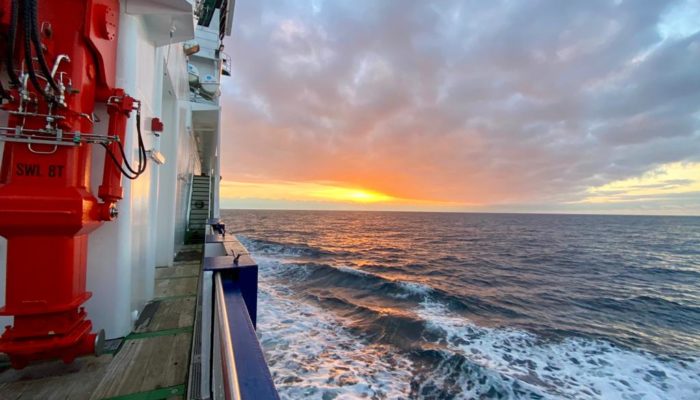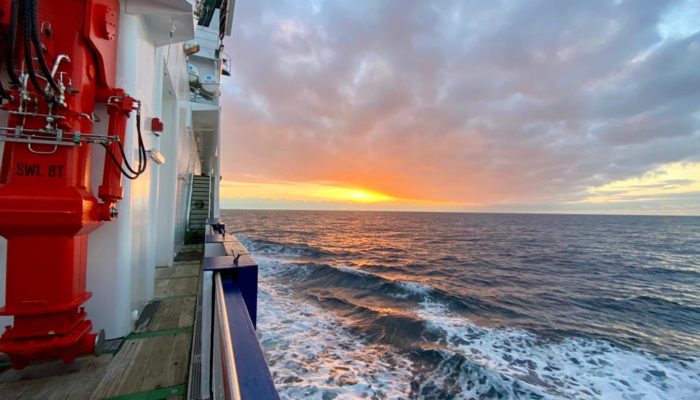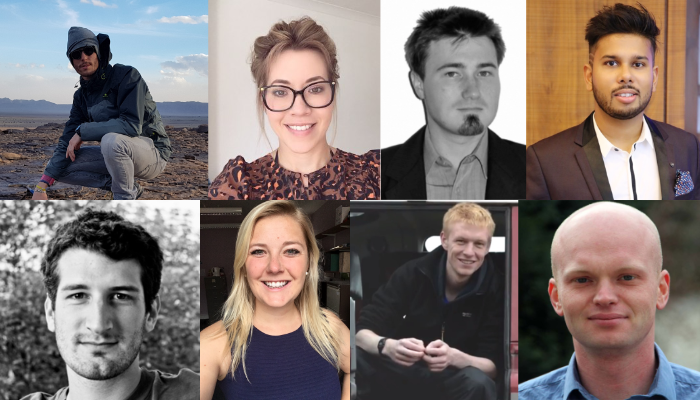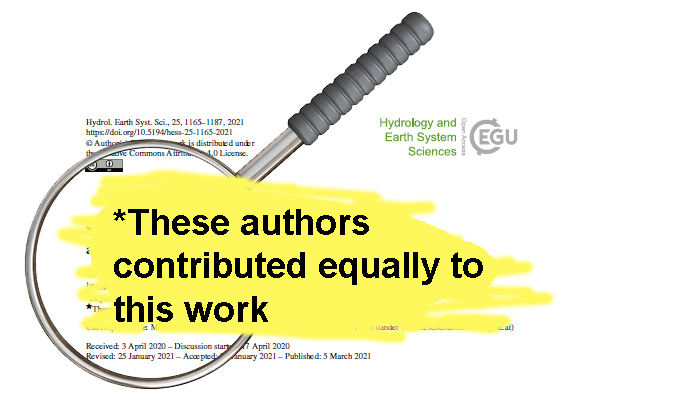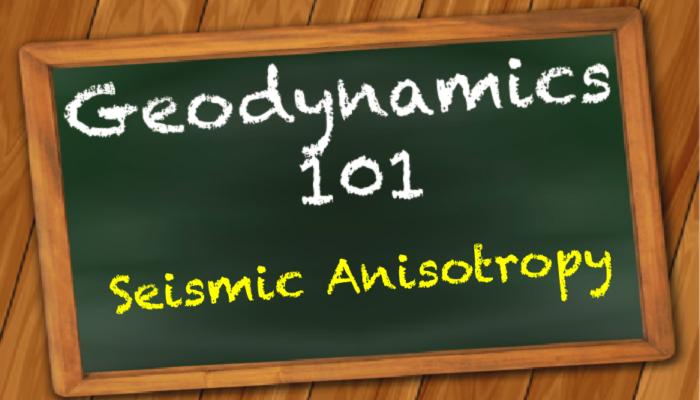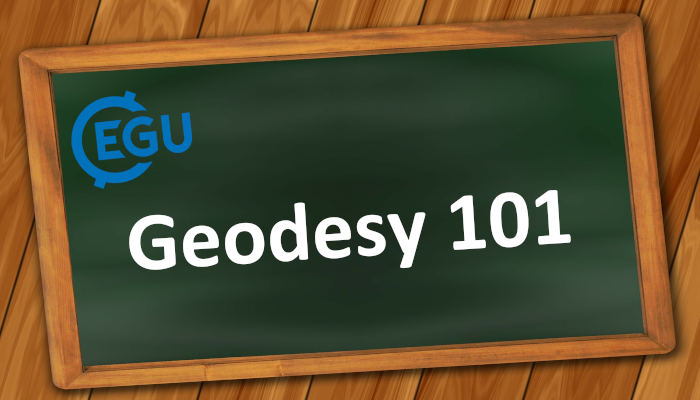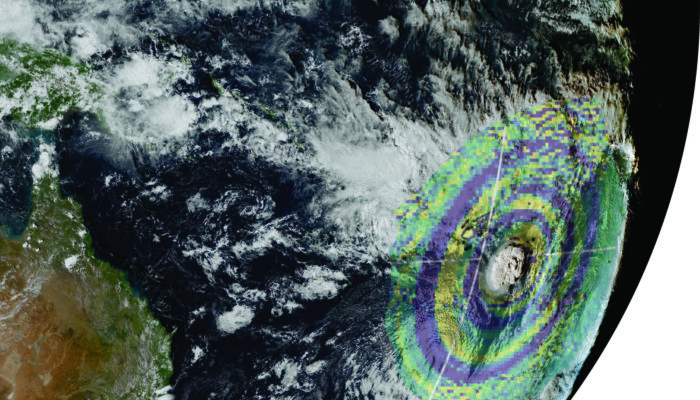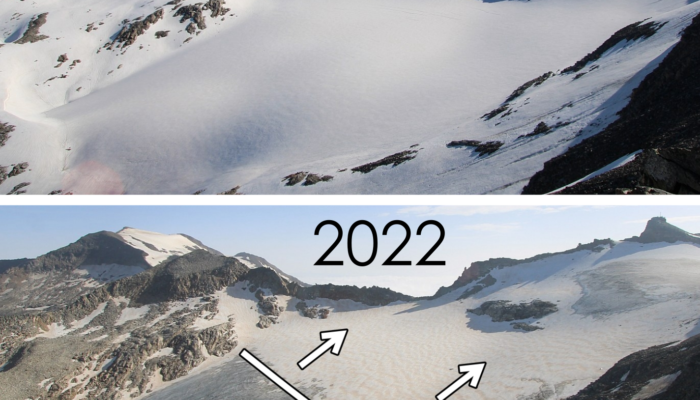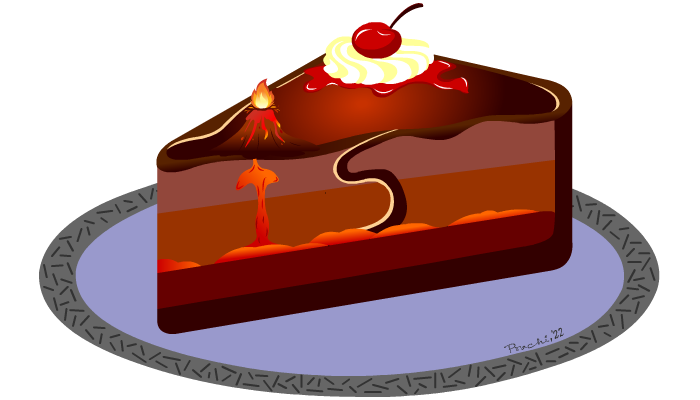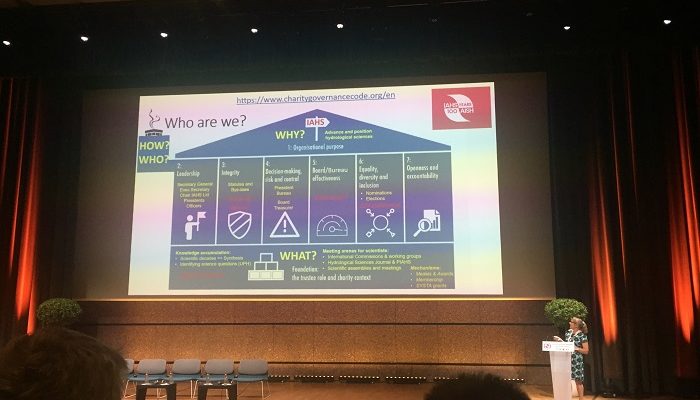“Every ship that navigates the high seas, with these charts and blank abstract logs on board, may henceforth be regarded as a floating observatory, a temple of science.” Matthew Fontaine Maury This is a joint post, published together with the climate sciences division blog and the ocean sciences division blog. The ocean has always been important for humanity, with trade and war being just two exam ...[Read More]
Climate: Past, Present & Future
A modern take on the 19th-century scientific expeditions: cruise MSM104/1
“Every ship that navigates the high seas, with these charts and blank abstract logs on board, may henceforth be regarded as a floating observatory, a temple of science.” – Matthew Fontaine Maury This is a joint post, published together with the climate sciences division blog and the ocean sciences division blog. The ocean has always been important for humanity, with trade and war being just ...[Read More]
Geomorphology
Introducing the Geomorphology ECS Team: the new and the old!
A dynamic and engaging team can make a world of difference, and the EGU GM Division’s ECS team is thrilled to introduce its new members (and reintroduce the old!). Drawing from the past traditions and also making judicious adaptions to fit the present, the current team is formed to strengthen the organisation and the members and identify and expand the synergies that can have a positive impact on ...[Read More]
Hydrological Sciences
The mystery of shared first authorship
Have you heard of the option to have two first authors? Or seen the little star that indicates that both first authors have equally contributed to the work? I got to know the concept many years ago, without having ever used it. Now, one of my PhD students is working on a shared paper. My first reaction as a supervisor was: let’s have a quick look on the current rules about shared first autho ...[Read More]
Geodynamics
Into the anisotropic Earth
While we have sent several rovers to Mars, drilling down even just to the mantle of our own planet is a challenge that we are yet to overcome. How is it then that we know all these things about our planet’s interior? It turns out, we do not need to be inside the Earth to know what is happening there. Observations from geophysics and geochemistry can inform us about the processes and the properties ...[Read More]
Geodesy
Geodesy 101 Literature
During this year’s EGU General Assembly (GA) we held the first Geodesy 101 Short Course, where we gave an introduction to satellite gravimetry, GNSS processing and geodetic reference frames. We want to thank all of you who attended in-person or virtually, and made the short course a great experience! Please provide us feedback, if you have attended the short course here. At the GA, we were only ab ...[Read More]
Seismology
Global seismoacoustic waves from the Hunga eruption (Tonga)
Jelle Assink, Senior Geophysicist at KNMI, takes us through the details of the various kinds of waves produced by the Hunga eruption in Tonga earlier this year… On January 15, 2022, a powerful volcanic eruption occurred in the Tonga archipelago in the Pacific Ocean when the submarine Hunga volcano exploded around 04:15 (UTC). This explosion marked the climactic end of an eruptive phase that ...[Read More]
Cryospheric Sciences
Summer 2022: A perfect storm for Alpine glaciers
The summer of 2022 is shaping up to be a perfect storm for Alpine glaciers. By a strange coincidence, all the factors that could adversely affect glacial dynamics seem to have come into agreement. Let’s find out why. What controls the behavior of Alpine glaciers? Snow, temperature, weather conditions and the properties of snow and ice. These are the most important factors governing the life ...[Read More]
Geodynamics
Happy blog birthday!
The EGU Geodynamics blog is 5 years old today! *throws confetti* Imagine being on the same contract in the same country for that long… Wow. Truly incredible. So let’s have a look at what we did over this past year of blogging. What did we do? Write and edit, mainly. I know – who’d’ve thought that is what editors do, right? But yes, writing and editing was done in abun ...[Read More]
Hydrological Sciences
100 Years of Hydrology: Celebrating the IAHS in the South of France
From May 29 to June 3, the International Association of Hydrological Sciences (IAHS) held its 11th Scientific Assembly in Montpellier, France. Over 600 hydrologists from 65 countries attended the conference, which also celebrated the IAHS’ 100 year anniversary. The day after the closing of the EGU General Assembly in Vienna on May 27, hundreds of hydrologists packed their bags and set out on a jou ...[Read More]

